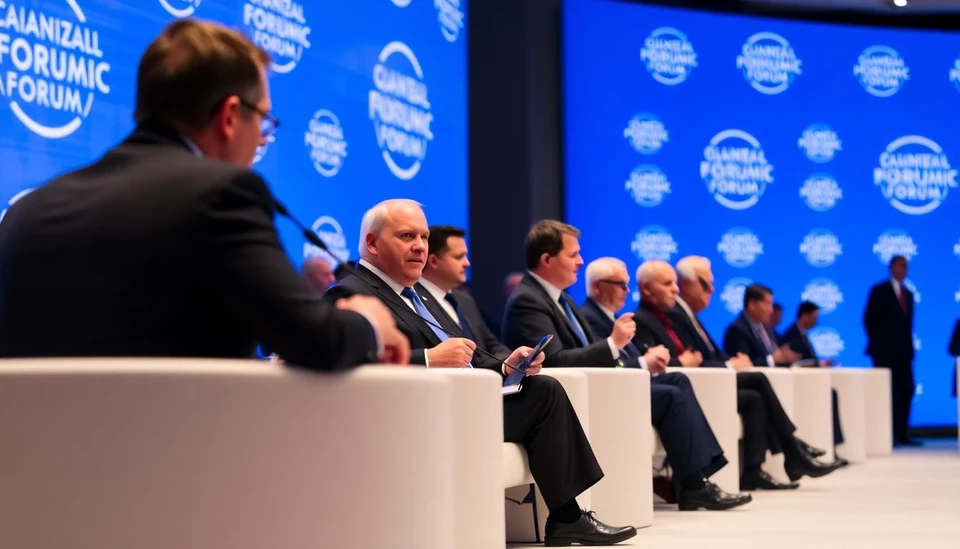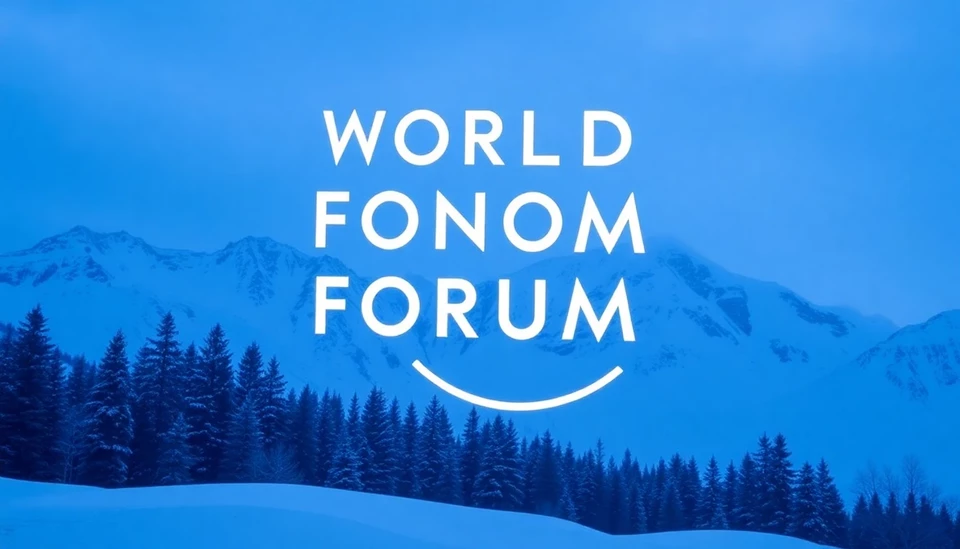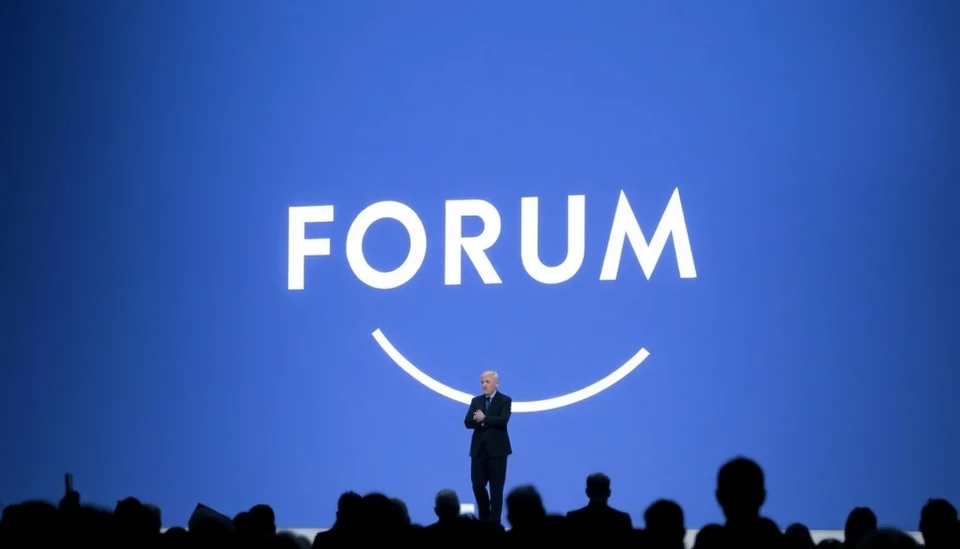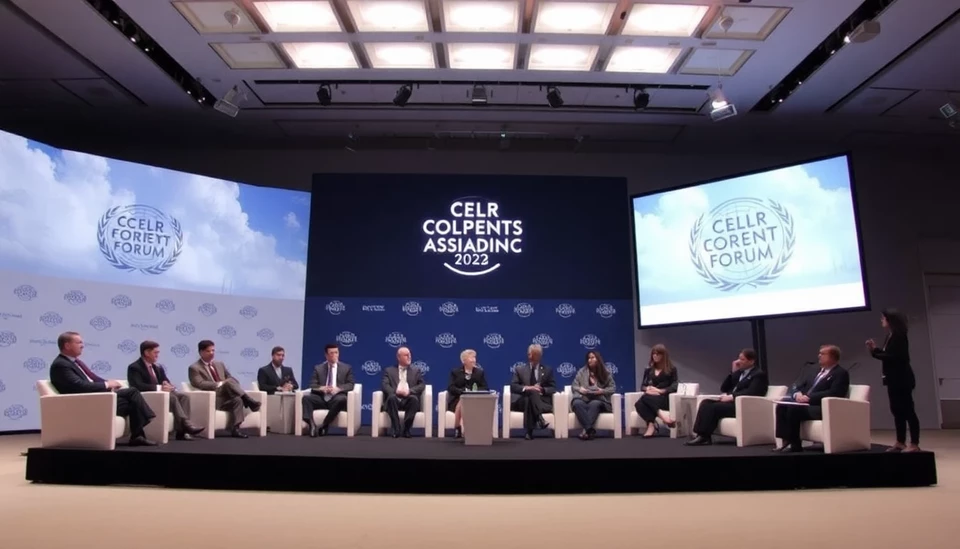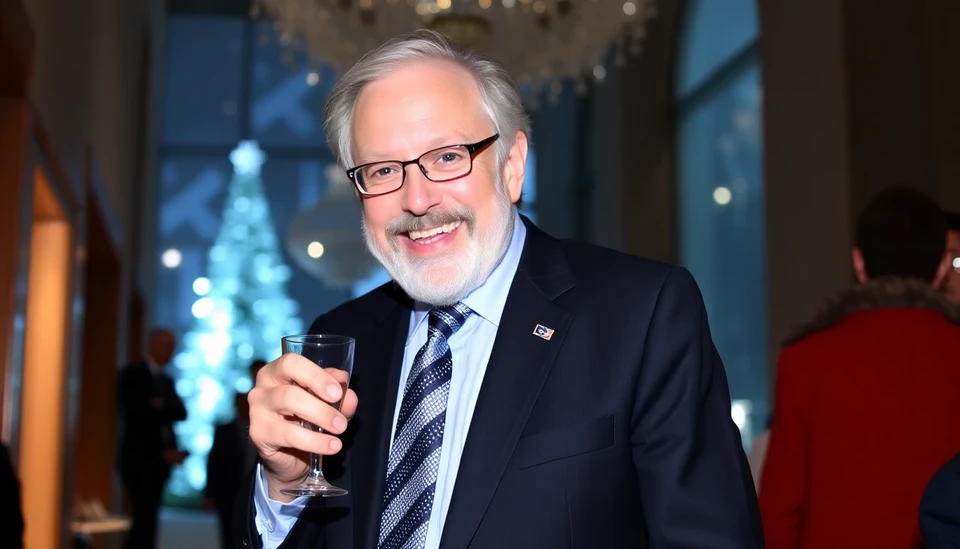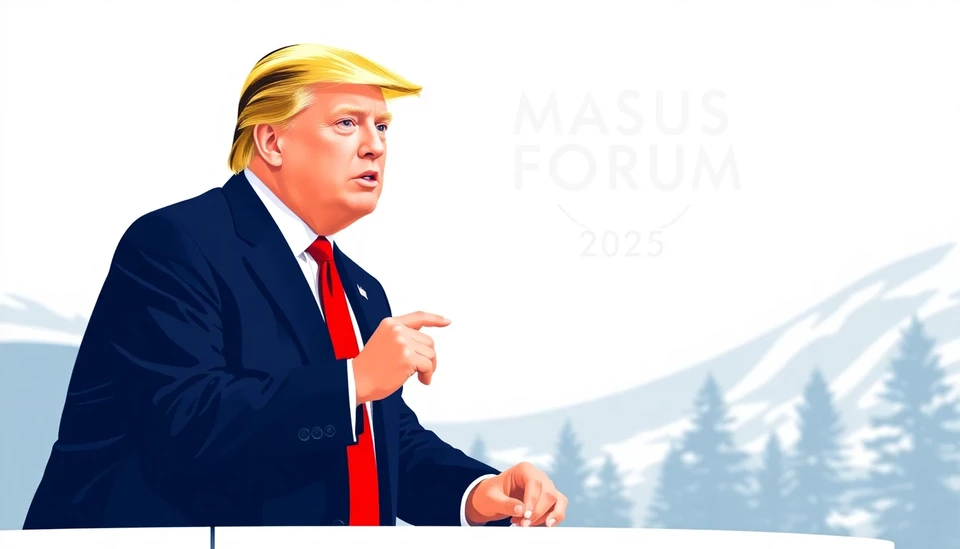
At the upcoming World Economic Forum in Davos this January, a significant focus will be on leveraging the return of Donald Trump's deal-making prowess. Following his presidency and with his potential resurgence as a candidate for the 2024 elections, the atmosphere among global bankers is one of optimism as they see potential growth opportunities that could arise from his anticipated leadership style.
Bankers and financiers attending the annual meeting are keenly aware that Trump's history as a businessman has often translated into a hands-on and aggressive approach to negotiations. This sentiment is reinforced by discussions surrounding the current landscape of the global economy, where challenges such as inflation and disruptions in supply chains continue to linger. Trump's ability to broker deals previously is viewed as a potential antidote to these complex issues, potentially steering global markets toward more favorable conditions.
The notion of Trump returning to the White House has sparked mixed reactions among business leaders, yet many are ready to engage with the former president if it means reopening avenues for lucrative deals. Comments from various executives indicate a readiness to navigate the intricacies of international relations, which could be influenced significantly by a Trump-led administration. Bringing his negotiating tactics back into play may benefit corporations seeking to expand their reach and optimize operations amid economic uncertainties.
Moreover, WEF attendees are also focusing on broader market integration, as the lingering aftermath of the pandemic continues to reshape economic dynamics. The discussions at Davos will likely revolve around climate change, technological innovation, and economic inclusivity—all areas where Trump's approach, often marked by bold initiatives and unorthodox methods, could make a notable impact.
As the stage is set for Davos 2025, the anticipation surrounding Trump's influence on global finance remains palpable. Bankers are not only prepared to examine the ramifications of a potential Trump presidency on market practices, but they are also gearing up for strategic collaborations that could flourish under his deal-making acumen.
The backdrop of a recovering global economy adds an intriguing layer to these conversations. In light of recent trials, the business community acknowledges the need for visionary leadership capable of fostering collaboration and innovation. Whether through infrastructure investments, trade agreements, or regulatory adjustments, the next steps forward will be pivotal in influencing global markets.
With this in mind, the World Economic Forum promises to be a robust platform for addressing the myriad challenges faced today, all while keeping an eye on the opportunities that leaders like Donald Trump could bring back into the fold.
As the dialogue unfolds, the entire financial ecosystem will be watching closely, hoping for clarity on how an agreement-oriented approach could redefine interactions among nations and businesses alike in a post-pandemic world.
In summary, the return of Donald Trump into the political arena is expected to create a ripple effect across financial markets, and the ongoing discussions at Davos will likely set the tone for how to navigate this potential shift in leadership. The synergy between financial sectors and political developments is set to be a hot topic as leaders congregate to discuss what lies ahead for the global economy.
#Davos2025 #WorldEconomicForum #Trump #GlobalFinance #DealMaking #Economy #Leadership #BusinessInnovation #PoliticalInfluence
Author: Daniel Foster
